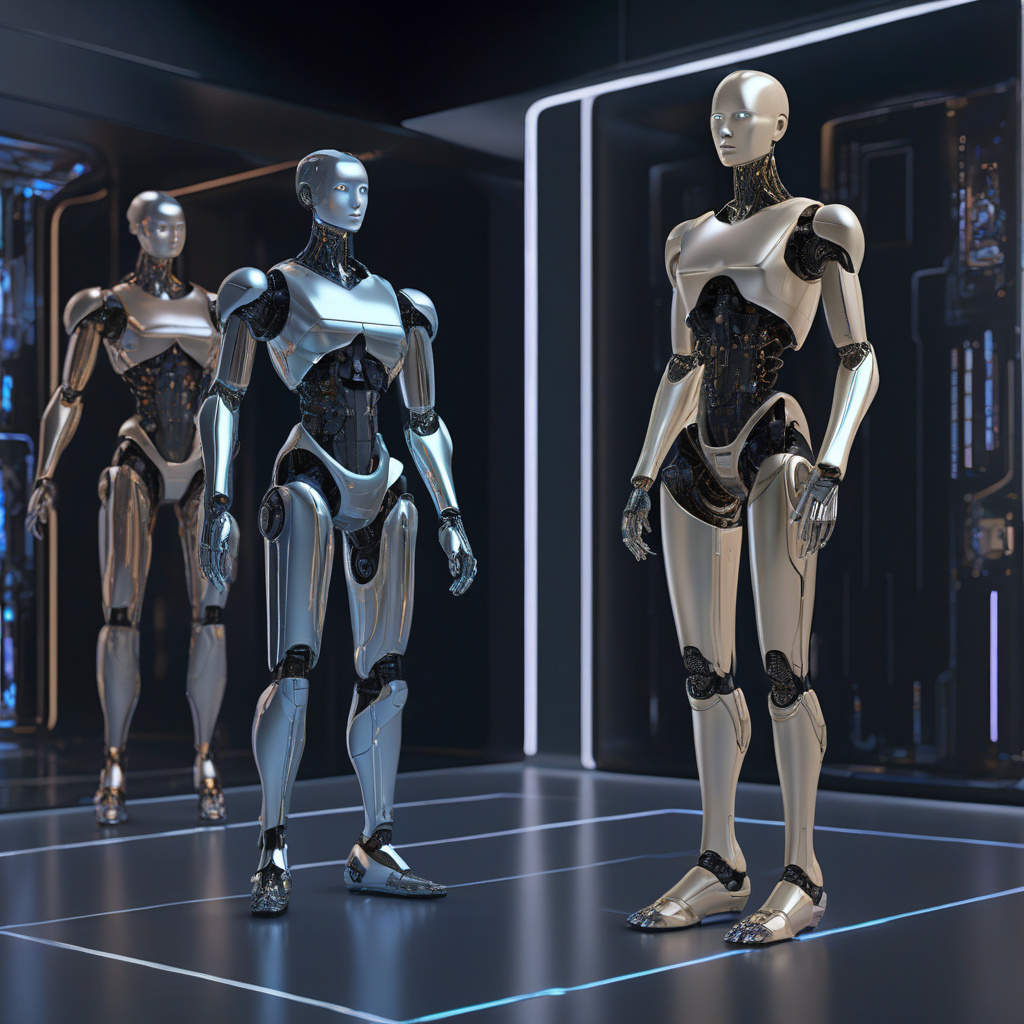In the realm of artificial intelligence, the emergence of agentic AI marks a pivotal shift. Unlike their traditional counterparts that heavily rely on human input, agentic AI systems like OpenAI’s Auto-GPT 3.0, Google’s Gemini Pro 1.5, and Meta’s LLaMA 3 showcase a new level of autonomy, initiative, and adaptive decision-making.
Agentic AI is revolutionizing the landscape of AI agents by exhibiting a greater degree of independence and proactivity. These systems are designed to operate with minimal human intervention, enabling them to make decisions and take actions based on their own analysis and learning. This autonomy empowers agentic AI to navigate complex tasks and scenarios with agility and efficiency, setting them apart from the more passive nature of traditional AI agents.
One of the key distinguishing factors of agentic AI is its ability to demonstrate initiative. Unlike traditional AI agents that follow predefined instructions and patterns, agentic AI can proactively seek out solutions, explore new avenues, and adapt to changing circumstances. This proactive behavior enables agentic AI systems to function more like autonomous entities, capable of driving tasks forward without constant human oversight.
Moreover, agentic AI excels in adaptive decision-making, a critical trait that enables these systems to learn from experience, adjust their strategies, and optimize their performance over time. By leveraging advanced algorithms, machine learning techniques, and neural networks, agentic AI can continuously refine its decision-making processes, leading to more effective outcomes and enhanced overall performance.
The innovations driving the transformation towards agentic AI are rooted in advancements in deep learning, natural language processing, reinforcement learning, and cognitive computing. These technologies enable AI systems to analyze vast amounts of data, understand complex patterns, and derive insights to inform their decision-making processes. As a result, agentic AI can tackle increasingly sophisticated tasks across a wide range of industries, from healthcare and finance to marketing and customer service.
The rise of agentic AI has profound implications for the world of automation and work. By deploying autonomous AI systems that can operate independently and intelligently, organizations can streamline processes, boost productivity, and unlock new opportunities for innovation. From automating routine tasks to augmenting human decision-making, agentic AI has the potential to revolutionize how businesses operate and drive growth in the digital era.
In conclusion, agentic AI represents a groundbreaking evolution in artificial intelligence, ushering in a new era of autonomous and adaptive systems that redefine the capabilities of AI agents. By harnessing the power of autonomy, initiative, and adaptive decision-making, agentic AI is poised to transform industries, revolutionize workflows, and shape the future of automation. As organizations continue to embrace these innovations, the potential for agentic AI to drive progress and innovation across diverse sectors is limitless.

